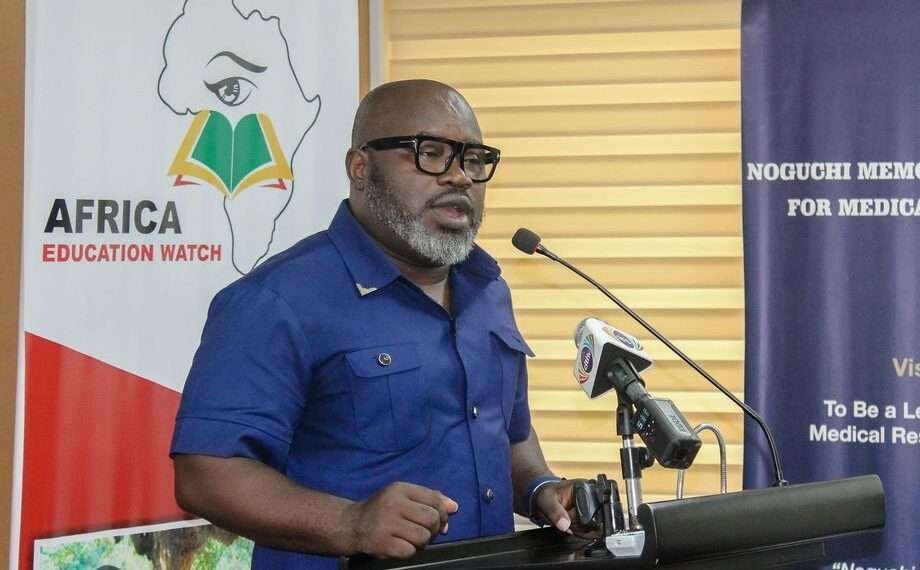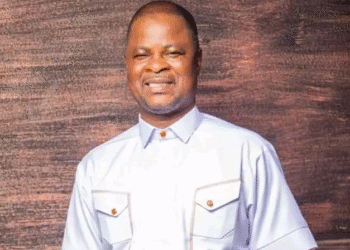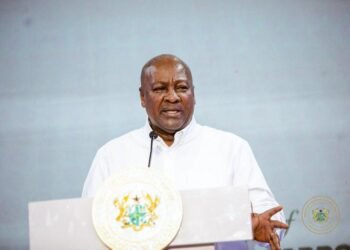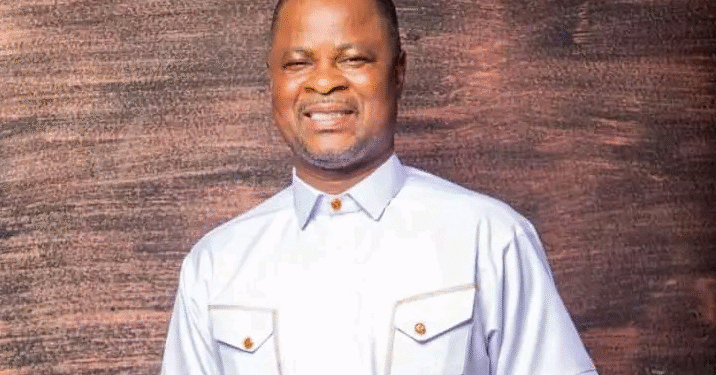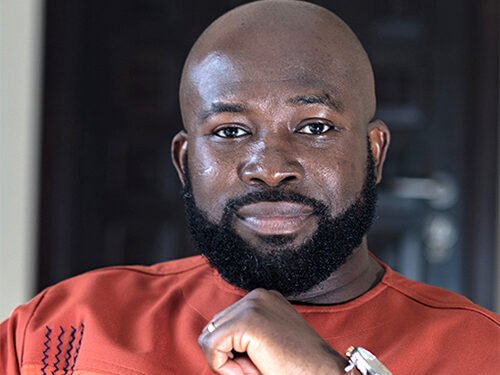Executive director of the Africa Education Watch (Eduwatch), Kofi Asare, has revealed that the funding of basic education in the country seemingly resembles an act of charity than one of policy being implemented by government.
According to him, the right to basic education is under serious threat due to funding neglect by the government. He indicated that over one million children are currently out of school.
In light of this, Mr Asare noted that there is the need for 2,000 new basic schools to resolve this challenge, however, there is no money to tackle it. He further noted that about 30% of pupils who enroll in primary equally do not complete Junior Hight School mainly due to the lack of JHS in 25% of primary schools.
“Our public basic schools have become shelters of misery than hope. Basic education funding is now an act of charity than policy. End the rhetoric and fund basic education now!”
Kofi Asare
Lamenting the state of Ghana’s public basic schools, Mr Asare noted that out of the budgetary allocation, only GHC 90 million was allocated for constructing new basic schools, an amount he highlighted can build only 60 basic schools across 216 districts.
“In the five Northern regions, about 60% of primary schools lack JHS. There is no serious effort to bridge this gap since 2017… No cash for basic! Many urban basic schools are choked, some class sizes are 80-100. No admission! Those who can’t afford private education stay out of school…”
Kofi Asare
Challenges within Ghana’s basic education system
Furthermore, he explained that some 5,400 basic schools are still under trees and sheds, with less than 0.5% constructed since 2021. Owing to this, he stated that government needed GHC 700 million annually to finance the building of these schools which is equivalent to half of Senior High School feeding cost a year.
With the seeming unavailability of money, Mr Asare expressed concern whether this may be feasible in the near future.
“The percentage of pupils without desks has increased from 30-40% since 2017, and even higher (80%) in North East. In urban Ghana, parents pay for desks because there are no desks… Many basic school children in deprived districts lack exercise books, uniforms & workbooks; parents cant afford. Textbooks are now a luxury only a few are lucky can access. Meanwhile, all these are available for free in SHS. As usual, no cash for basic!”
Kofi Asare
Touching on the aspect of capitation grant and feeding grant for special schools, the executive director of Eduwatch highlighted that it has been in arrears of almost 2 years. He further recounted that in 2014, basic education’s share of the pre-tertiary discretionary budget, otherwise known as the non-salary budget has declined from 30% to 10%.
“This year, of GHC 4.5 billion allocated for pre-tertiary, secondary alone took 90% with only 10% for basic… Our Parliament unanimously approved this atrocity.”
Kofi Asare
The poor financing of public basic education has been of concern to various stakeholders within the education sector. The access and quality deficits ranging from inadequate textbooks, schools under trees, pupils without desks, among others have resulted in poor financing of public basic education over the years.
The introduction of free senior secondary education, which has been impactful on access and transition, has taken a significant portion of already declining funding to the education sector. Resultantly, some CSOs have revealed that basic education’s share of the education sector’s discretionary expenditure declined from 18% in 2014 to 6% in 2020, and declined further to 4% in 2023.
Moreover, the declining allocation is worsened by low budget execution for discretionary expenditure, due to poor disbursement of allocated funds, which averaged 55 per cent by September 2022 for the 2023 financial year.
READ ALSO: It Is Time To Move Ghana To The Next Level- Bawumia



